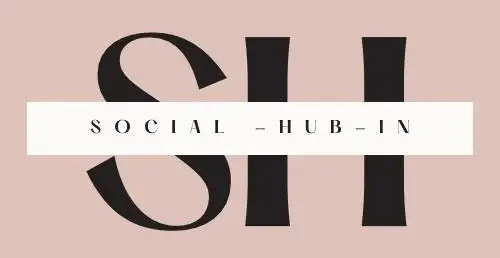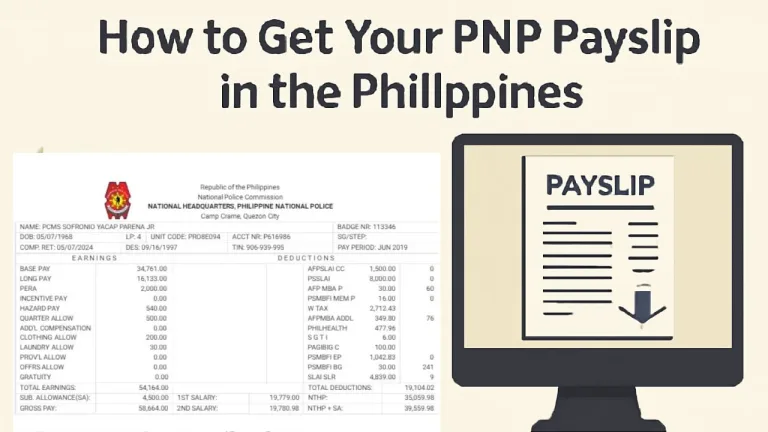Open any social media app, and you’ll notice something subtle. The same few names, faces, and posts always appear first. You might think it’s random — a coincidence, maybe. But it’s not random. Behind every like and view is a system that quietly decides what’s important to you here. It builds your online world, choosing who feels close and who slowly fades away.
The Mathematics of Emotion
Social media doesn’t see friendship the way you do. It measures connection by data — how long you watch someone’s story, how fast you reply, how often you click on their name. The math is cold, but the results shape something deeply human. If you scroll past a friend’s post too quickly, the algorithm interprets that as disinterest. Over time, you see them less. Without realizing it, you’ve been “distanced” not by emotion, but by code.
Invisible Hierarchies
Every platform creates a silent ranking of your social circle. It’s like a hidden scoreboard. The friends you interact with most climb higher. The ones you ignore fall into digital shadows. Instagram decides whose stories go first. Facebook filters whose updates you see. Even messaging apps now predict “close friends” by response time. You may feel you control your circle, but in truth, the software behind the screen curates your connections.
The Illusion of Choice
You might think you’re choosing who to engage with — but the algorithm often chooses for you. The more it shows you someone, the more likely you are to react. This reaction reinforces the algorithm’s logic. It’s a loop that feeds itself. Over weeks, your feed narrows until it feels personal and cozy — but it’s also filtered and small. You care most about the people the system keeps showing you, not necessarily the ones you value most in real life.
When Friendship Becomes Performance
Because visibility determines closeness, people start to form friendships. We comment to stay seen. We reply to stories not just to connect, but to signal activity. It’s a quiet survival instinct in a system that rewards interaction. The result is strange — friendships maintained not by conversation, but by engagement metrics. It’s caring, but calculated.
Out of Sight, Out of Feed
Once someone drops off your feed, reconnecting becomes harder. You forget birthdays, miss updates, and slowly drift apart. The silence feels natural — “We just grew distant” — but in reality, the algorithm decided to stop showing you their life. That digital absence turns into emotional distance. The modern version of fading friendship happens not in real life, but online, one scroll at a time.
read more : Filing a Personal Injury Claim with Allen & Allen in Virginia
Reinforcing Biases Without Trying
Algorithms don’t just decide who you care about — they can also amplify who you agree with. If you interact more with certain opinions or lifestyles, your feed fills with more of the same. Over time, this shapes your sense of belonging. People who think differently seem distant, not because they are, but because you never see them. The result is a curated echo of your world, where familiarity replaces diversity.
Friendship as Data
What used to be human instinct is now measurable data. Your relationships are analyzed as engagement networks, where each connection has a value. Platforms use these networks to suggest new friends, tailor ads, and predict behavior. To them, friendship is a formula — a cluster of clicks, reactions, and time stamps. It’s efficient but unnerving. In trying to model connection, algorithms risk flattening it.
Breaking the Loop
There are ways to resist. You can search for names you haven’t seen in a while. Visit their profiles, message them directly, and remind the system they matter. Each deliberate act of connection rewires your feed slightly. You can also mute the algorithm’s preferences — turn off recommendations, clear caches, or manually reorder friends. It takes effort, but it restores a bit of human agency.
The Digital Circle of Care
Our friendships have always been shaped by circumstance — proximity, timing, shared experience. Now, that shaping happens through code. The platform decides who stays near and who drifts away. Some friendships survive the filters; others fade quietly into forgotten feeds. But awareness changes everything. Knowing the system’s hand in our relationships gives us power to reclaim them. We can reach out intentionally, scroll differently, and care consciously. After all, no algorithm should have the final say in who matters to us.









